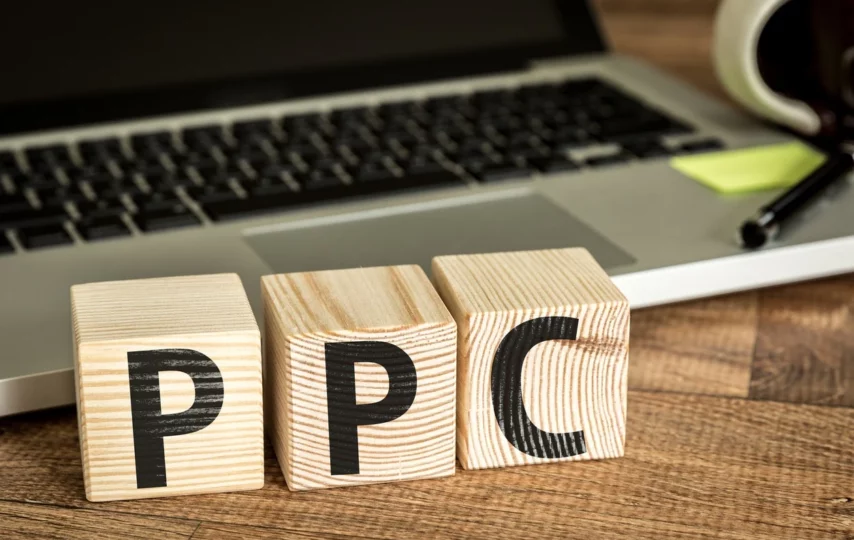Introduction:
Pay-per-click (PPC) advertising campaigns are a popular marketing strategy for businesses of all sizes. By bidding on specific keywords, businesses can place targeted ads on search engine results pages and other digital platforms. However, to make the most of your PPC campaigns, you need to know the dos and don’ts of this advertising method. In this article, we’ll discuss some of the best practices for PPC campaigns.
The Dos of PPC Campaigns:
Do your keyword research: One of the most important aspects of a successful PPC campaign is keyword research. Make sure you choose the right keywords to target, and don’t forget to include negative keywords to avoid unwanted clicks.
Do create relevant ads: The more relevant your ads are to your target audience, the more likely they are to click on them. Make sure your ad copy is compelling and highlights the unique selling points of your product or service.
Do set a budget: Set a budget for your PPC campaign and monitor it regularly. Don’t overspend on keywords that aren’t generating results.
Do use ad extensions: Ad extensions are a great way to provide additional information to potential customers. Consider using site links, callouts, and structured snippets to enhance your ad.
Do track your results: Keep track of your campaign’s performance metrics, such as click-through rates (CTR), cost per click (CPC), and conversion rates. Use this data to optimize your campaign for better results.
The Don’ts of PPC Campaigns:
Don’t ignore mobile optimization: With more and more people using their mobile devices to search for products and services, it’s crucial to make sure your ads are optimized for mobile. Use responsive ad designs and make sure your landing pages are mobile-friendly.
Don’t bid on broad keywords: Bidding on broad keywords can result in wasted clicks from people who aren’t interested in your product or service. Instead, focus on specific, long-tail keywords that are more likely to generate conversions.
Don’t ignore negative keywords: Negative keywords are just as important as your targeted keywords. Make sure you include negative keywords to prevent your ads from showing up for irrelevant searches.
Don’t send users to a generic landing page: When someone clicks on your ad, they expect to be taken to a page that’s relevant to their search. Don’t send them to a generic landing page that doesn’t provide the information they’re looking for. Instead, create specific landing pages for each ad group.
Don’t set it and forget it: PPC campaigns require ongoing monitoring and optimization to ensure they’re performing at their best. Don’t set up your campaign and forget about it. Check on it regularly and make adjustments as needed.
Conclusion:
PPC campaigns can be an effective way to drive traffic to your website and increase conversions. However, to get the most out of your campaigns, it’s important to follow best practices and avoid common mistakes. Remember to do your keyword research, create relevant ads, set a budget, use ad extensions, and track your results. And don’t forget to avoid the pitfalls of ignoring mobile optimization, bidding on broad keywords, ignoring negative keywords, sending users to generic landing pages, and setting it and forgetting it. By following these dos and don’ts, you can create a successful PPC campaign that delivers results for your business.








